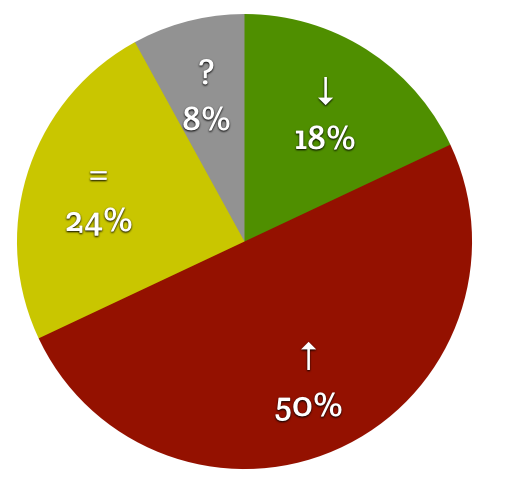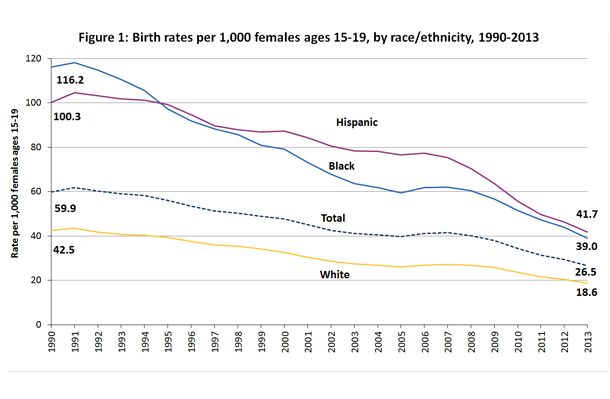Week 5-2
Framing Question How do you decide whether to believe something you're reading?
Phase 2 On the Uncomfortable Subject of Truth
Objective vs. Subjective

"Survey Says: April 2013: The Greatest Story Ever Told." The National Campaign.org. The National Campaign to Prevent Teen and Unplanned Pregnancy. Apr 2013. Web. 12 Nov 2015.

"Trends in Teen Pregnancy and Childbearing." Department of Health and Human Services. Office of Adolescent Health. 28 Aug 2015. Web. 12 Nov 2015.
-
Often, what "everybody knows" is wrong.
-
There's a difference between what we think, and what is true.
-
Other people's opinions don't count as evidence.
-
The facts don't care what we think. They're true whether we like them or not.
-
If the facts don't support our opinion, our opinion needs to change.
Writing Project 1 - Phase 2
Evaluating Sources
Not all sources are created equal. There are no rules for easily determining which sources are "good," "reliable," "trustworthy," or "credible."
You're going to have to think about it. (Sorry.)
The CRAAP Test
- Currency
- Relevance
- Authority
- Accuracy
- Purpose
Currency
- How old is this source? Does the article/source have a date? Do we know when this was published?
- How old is the information? What about their sources? Is their information current?
- How important is it that we have up-to-date information? An article from 2015 might be current in some contexts and out-of-date in others. That might count as "current" knowledge about child development, but it might be very out of date if it concerns a policy set by the President.
Relevance
- Does this source help answer the question you're asking? This goes way beyond "topic." Does this information actually affect the answer to your research question?
- How sure are you that this information applies? Are there other factors that might affect things? For example, does information on political party affiliation in Visalia predict how California will vote in general? Does info about California predict how Visalia will vote?
Authority
- What do you know about the writer? This is about more than just credentials. Dr. Phil may have "Dr." in front of his name--but that doesn't mean that what he says is true.
- What do you know about the publication? Does the organization publishing the article have an agenda? A political stance? A product they're selling?
Accuracy
- How was this information obtained? Does the writer cite their sources? Do they tell us where and how they got their information? If it's their own research, do they explain their methods?
- Does this information align with other sources? Is this source telling the same story as your other sources? How significant are the differences and disagreements?
Purpose
- What is the writer's purpose? Most of the articles you'll find have a goal other than finding (or even reporting) the facts. What is this writer trying to accomplish?
- Who is the writer's audience? What assumptions does the writer make about their audience? How much do they think we need to know?
Evaluating Sources
Not all sources are created equal. There are no rules for easily determining which sources are "good," "reliable," "trustworthy," or "credible."
You're going to have to think about it. (Sorry.)
Some Places to Look
- The Library's Reference Desk.
- Wikipedia as a starting point.
- Not Google, but Google Scholar (scholar.google.com)
- Academic Databases (libguides.cos.edu/az.php)